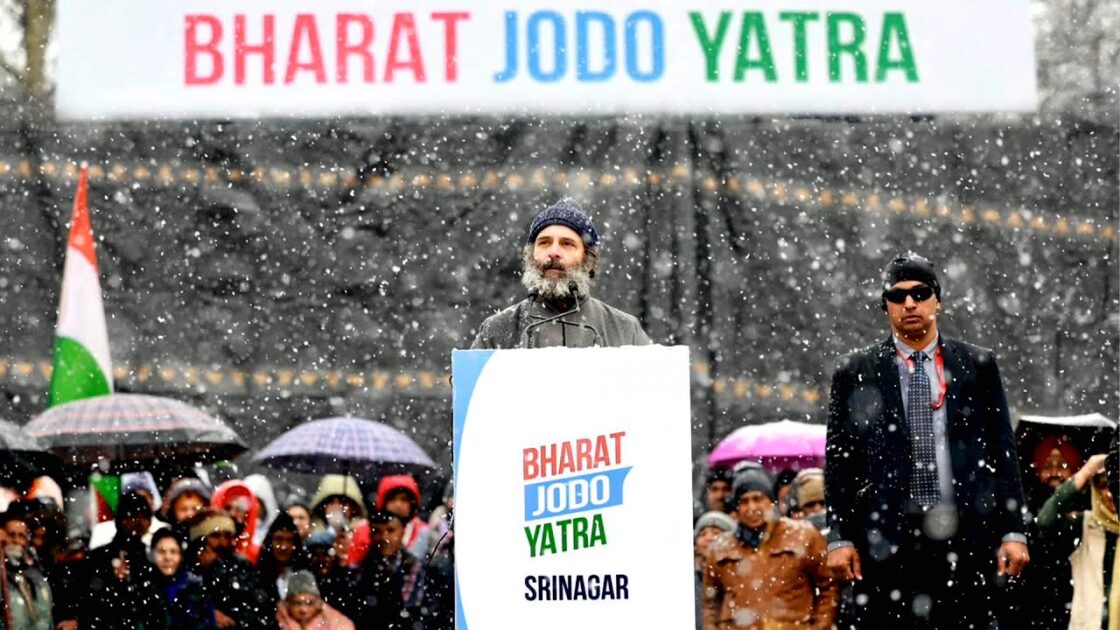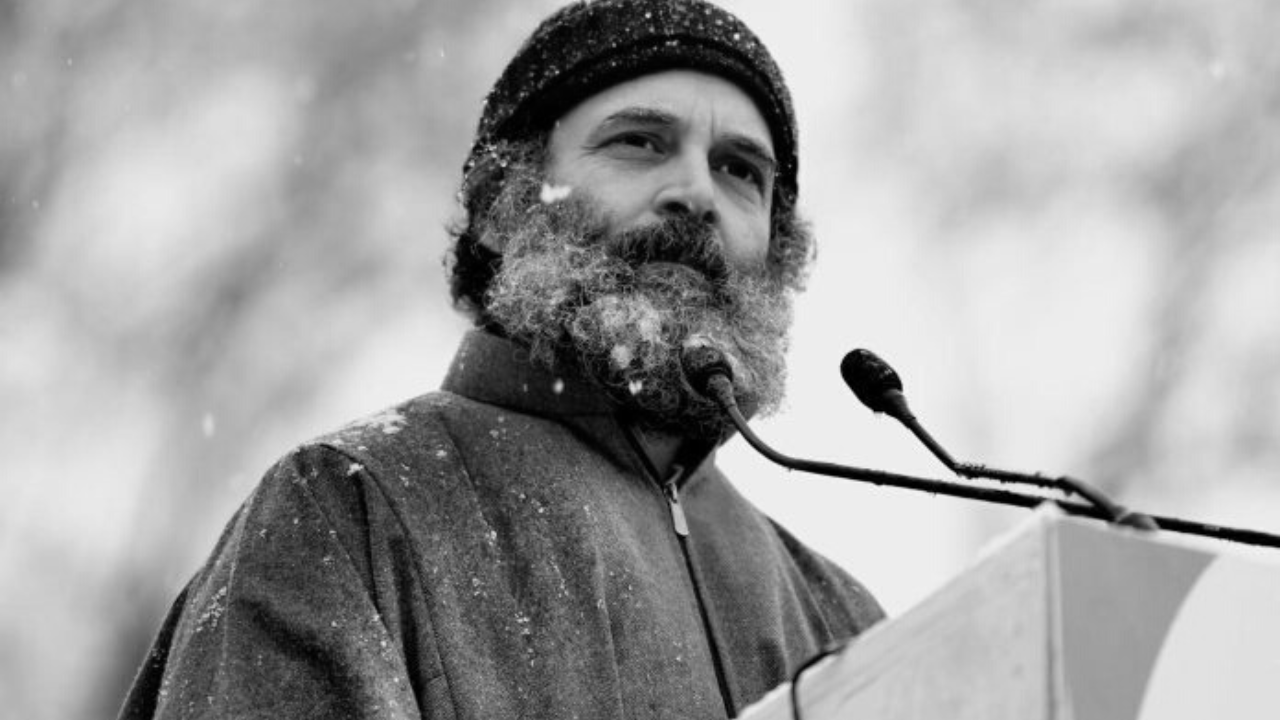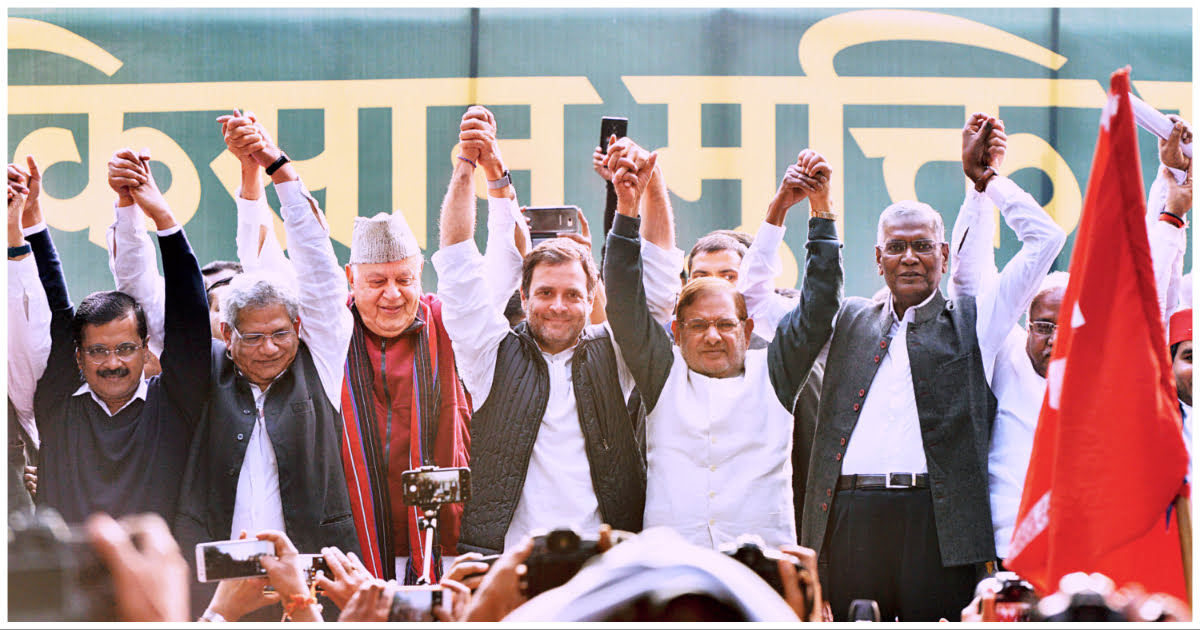Rahul Gandhi, a scion of India’s most prominent political dynasty, has been leading the opposition against Prime Minister Narendra Modi’s Bharatiya Janata Party (BJP) for over a decade now. However, his credentials as a leader have been a matter of constant debate and speculation, with critics often questioning his political acumen and leadership skills. In this article, we will take a closer look at Rahul Gandhi’s credentials and examine whether he has what it takes to lead the opposition against the formidable BJP.
Early Life and Political Career
Rahul Gandhi was born on June 19, 1970, in New Delhi, India. He is the son of the late Rajiv Gandhi, a grandson of Indira Gandhi, and a great-grandson of Pt. Jawaharlal Nehru, all of whom served as prime ministers of India.
Rahul Gandhi’s political career began in 2004 when he contested and won the Lok Sabha elections from his father’s former constituency, Amethi in Uttar Pradesh. Since then, he has been re-elected to the same constituency three times. However, his political journey has been anything but smooth. Rahul Gandhi was appointed as the vice president of the Congress party in 2013. In the 2014 general elections, the Congress suffered its worst defeat in history, with the BJP winning a landslide victory. The Congress party managed to win only 44 seats out of 543 in the lower house of parliament, and Rahul Gandhi was widely blamed for the defeat.
Despite this setback, Rahul Gandhi became the Congress president in 2017. During this period, he tried to reinvigorate the party and make it more relevant to the younger generation of voters. He has also taken a more aggressive stance against the ruling BJP, launching scathing attacks on the government’s policies and alleged corruption.
Leadership Style and Political Acumen
Rahul Gandhi’s leadership style has often been criticised for being indecisive and lacking vision. He has been accused of being a reluctant leader who is not fully committed to the task of leading the opposition against the BJP. However, his supporters argue that he is a more collaborative leader who tries to listen to the views of the general population and seeks consensus.
Rahul Gandhi’s political acumen has also been questioned, with many saying that he lacks the experience and expertise required to lead a major political party. However, he has been active in Indian politics for over a decade now and has been involved in various parliamentary committees and delegations. He has also been part of several high-level discussions on issues such as foreign policy, defense, and economic reforms.
One of the major criticisms of Rahul Gandhi’s leadership has been his inability to connect with the masses. He has been accused of being out of touch with the ground reality and of being too elitist in his approach. However, he has been trying to address this criticism by taking up issues that are relevant to the common people, such as unemployment, farmers’ distress, and the rise in fuel prices. His most recent initiative was the Bharat Jodo Yatra.

Bharat Jodo Yatra
Bharat Jodo Yatra was a political campaign led by Rahul Gandhi in 2022. The aim of the campaign was to unite people from different religions, castes, and regions across India and to promote social harmony.
The impact of the Bharat Jodo Yatra on Rahul Gandhi’s credentials is subjective and depends on one’s political views. Some people believe that the campaign helped Rahul Gandhi connect with people at the grassroots level and gain popularity. It also highlighted his commitment to promoting unity and social harmony, which could have helped improve his image as a leader.
On the other hand, some critics argue that the Yatra will not translate into electoral gains for the Congress party, and therefore, it may not have had a significant impact on Rahul Gandhi’s credentials as a leader. Additionally, some people may question the effectiveness of the campaign in achieving its stated objectives.
Challenges Ahead
Rahul Gandhi faces several challenges as he tries to lead the opposition against the BJP. The first challenge is to rebuild the Congress party’s support base, which has been eroded over the years. The party has suffered defeats in several state elections, and its organizational structure has been weakened.
The second challenge is to present a coherent and compelling alternative to the BJP’s policies. Rahul Gandhi has been critical of the government’s policies on issues such as demonetization, the Goods and Services Tax (GST), and the Citizenship Amendment Act (CAA). However, he needs to come up with a clear and detailed plan of action to counter the ruling party.
The third, and most persistent challenge, to Rahul Gandhi in particular, and the Opposition in general is the media narrative. It has been seen in the past decade that media outlets have been losing their independence more and more. Leaders like Rahul Gandhi are portrayed as objects of ridicule by members of the ruling party, and this is immensely hyped up and publicised by the media. This has led to the general perception that there are no worthy leaders in the Opposition to replace Narendra Modi, Amit Shah, and others.
In the end, I would say Rahul Gandhi’s credentials as the main opposition leader ahead of the upcoming Lok Sabha elections is debatable and depends on various factors such as political affiliations, personal opinions, and electoral outcomes. However, considering the amount of effort and time that the party in power exerts to malign Rahul Gandhi and attack his reputation could be an indicator that he is, in fact, a serious threat to the ruling dispensation.




